Five Things You Should Know About the RSV Outbreak
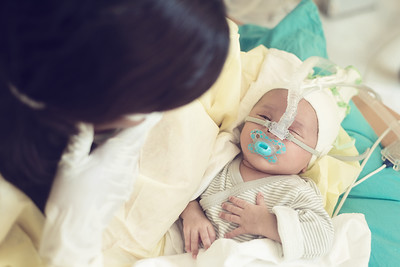
baby with rsv infection
November 2, 2022
RSV, a respiratory syncytial virus that infects the lungs and breathing passages is no new illness. It was discovered in 1956 in a group of chimpanzees, but soon after was found to be present in a group of school children. Typically stemming a common cold, RSV appears every year in the winter. In the last couple of months, doctors have been noticing an outbreak of RSV in young children who are quickly filling up hospitals.
-
RSV is most severe in infants and elderly adults.
Adults who get RSV experience symptoms of a common cold, but infants especially those with preexisting health conditions and elderly adults are endangered by the illness. There is no vaccine or cure for RSV which makes it especially deadly. RSV, typically causes 235,000 hospitalizations and 14,300 deaths in infants and elderly citizens per year.
-
Children’s hospitals are reaching capacity.
Cases of RSV have been diagnosed much earlier than the normal cycle, late fall to winter. Hospital capacity is what it’s usually at in December and as case numbers increase hospitalization is also increasing. Nearly 75 percent of the country’s estimated 40,000 pediatric beds are currently full, according to the latest Department of Health and Human Services data. This is a problem as hospital capacity is already limited due to Covid-19 and the unavailability of nurses.
-
The symptoms are very similar to Covid-19 and the flu.
Symptoms in infants are wheezing, respiratory distress, and the need for oxygen. Often, most commonly in elderly adults it can cause bronchiolitis, pneumonia, and the worsening of health conditions. The virus can cause inflammation of the throat, lethargy, radically diminished energy, and low oxygen levels that can become life-threatening. It also causes congestion in the nose which is especially dangerous in babies because they breathe through their noses when nursing. If infants cannot breathe, it makes it very hard for them to ingest fluids leading to dehydration. If the virus worsens but goes untreated it can be fatal. Dr. Elizabeth Murray, a pediatric emergency physician at the University of Rochester Medical Center gave pointers on when to seek care, “When you notice that the skin around your child’s ribs sucks in with each breath or if they seem to have trouble speaking or don’t want to speak because of their trouble breathing, it’s time to seek care emergently.”
-
Covid-19 interventions limited the spread of RSV, but also caused an immunity gap.
The covid precautions put in place helped prevent other viruses from spreading, but people are now taking off masks and going to public places. The lack of viruses spreading was simultaneously a good and bad thing. People were no longer getting sick but it was also decreasing the exposure a child needs to build up their immunity. Typically all children before the age of 2 contract RSV. Due to Covid-19, the now four year-olds who should’ve gotten the virus have never been exposed, along with all the infants born during the pandemic who would be expected to contract the illness in the upcoming year. None of these children have antibodies necessary to protect them, which is one of the reasons why there is such a high case rate this year.
-
Reducing the spread of RSV is very easy.
The best way to avoid spreading illness is to stay home if sick and avoid contact with high risk people. Continuing Covid-19 procedures, such as wearing a mask and consistently washing your hands will also help to reduce the spread. Getting vaccines will help lessen the intensity illnesses and the need for hospital visits, this in turn will open beds for those who really need it.
RSV is a very serious virus for infants and elderly adults. The symptoms can vary from those of a common cold to those more life-threatening like the lack of oxygen. Hospitals are filling out very quickly as people are starting to go back out into the public after the pandemic and regulations are being lifted. If you want to help save the life of a child or an elderly citizen, do your part, stay home when you’re sick and wash your hands. Be alert and aware of the risks of large family gatherings especially if infants with pre-existing health conditions or elderly adults will be in attendance.



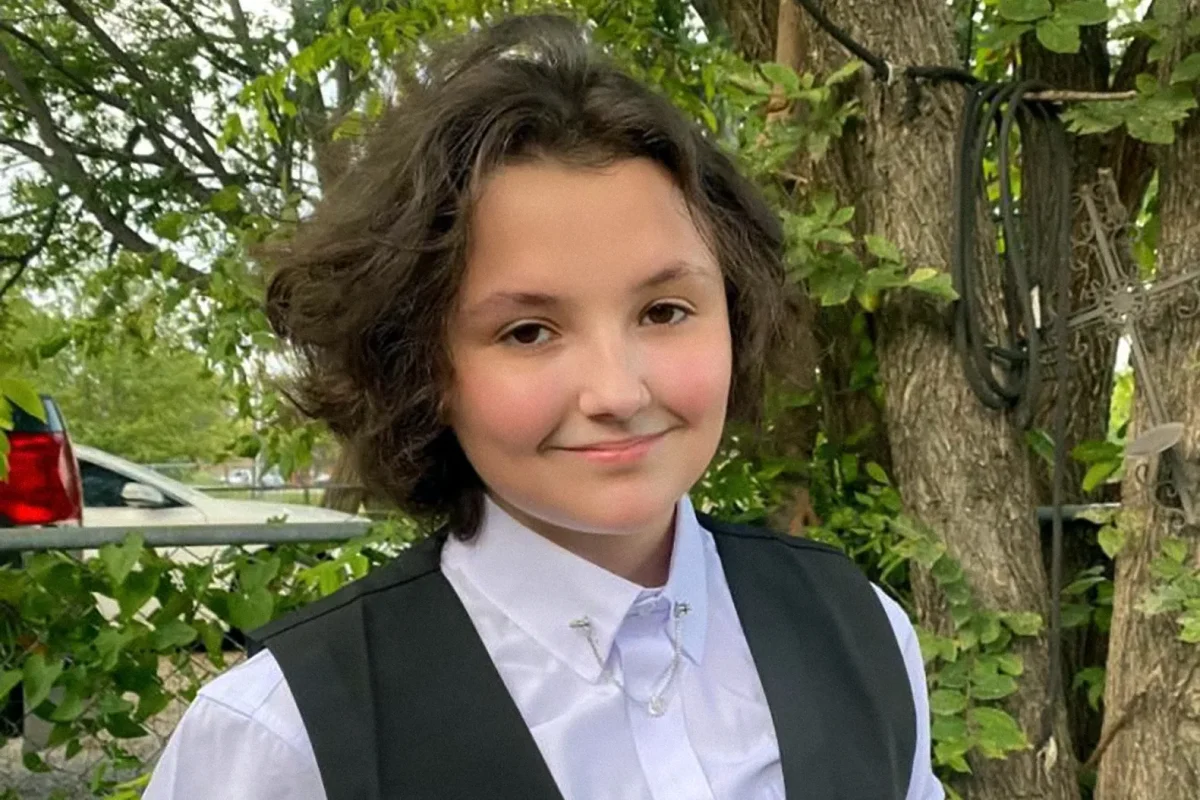





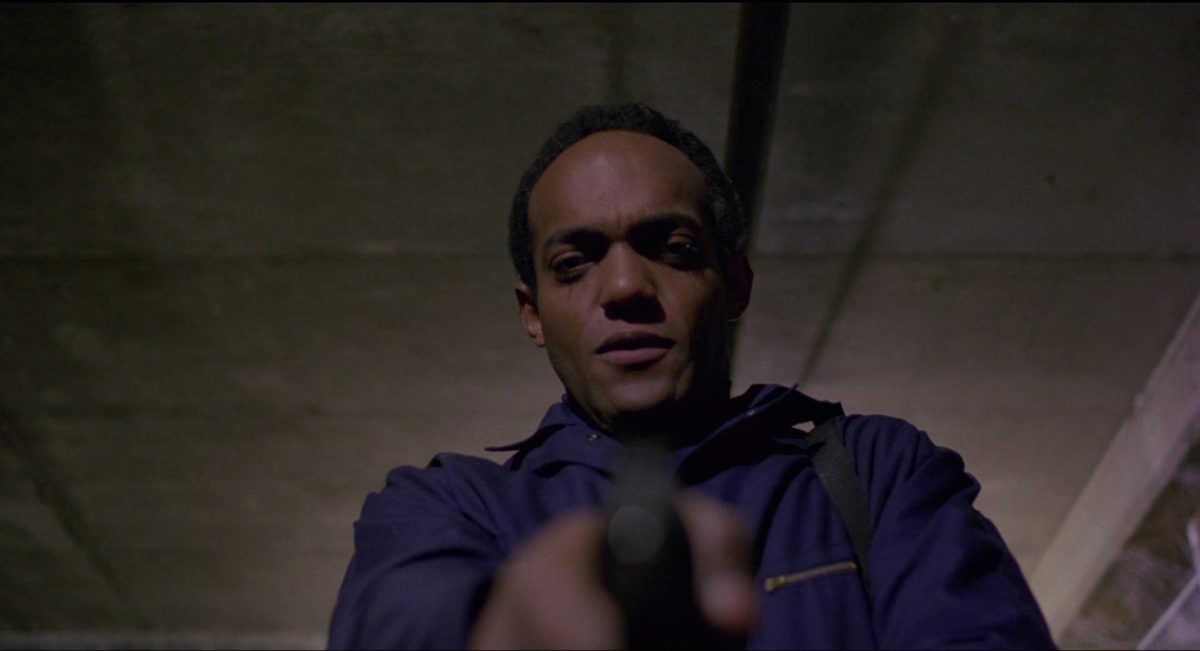
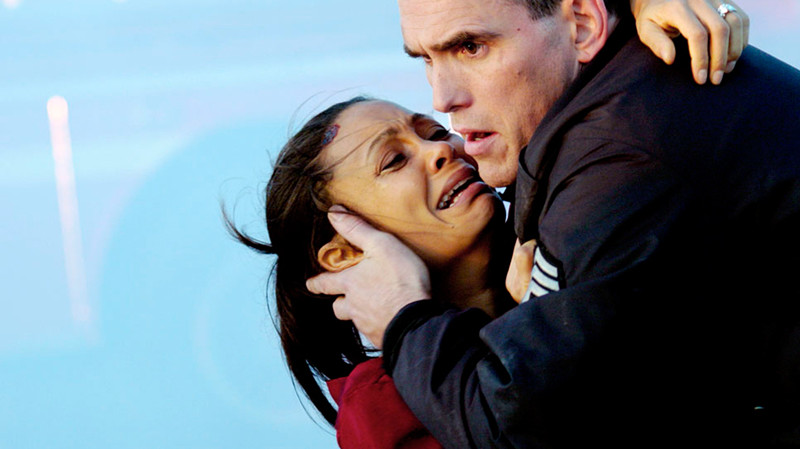





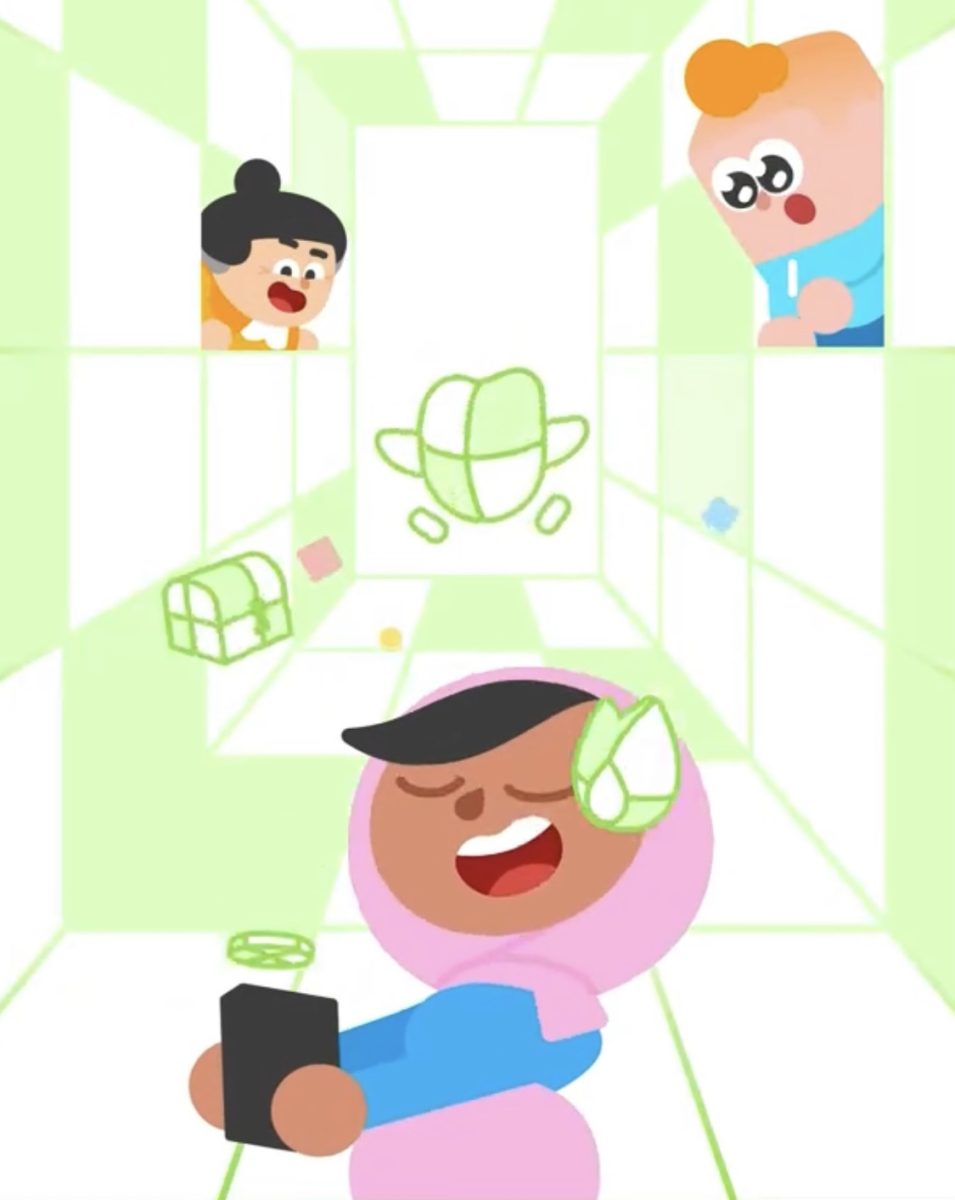













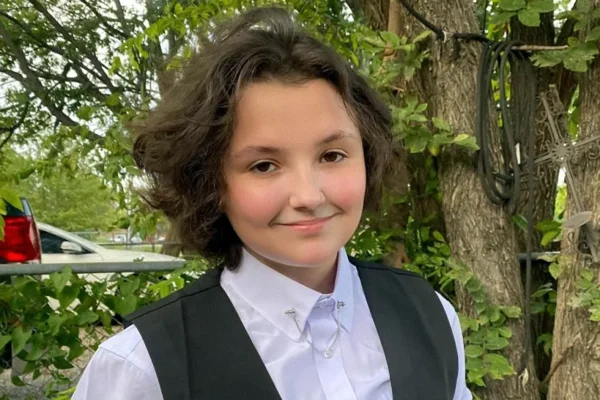





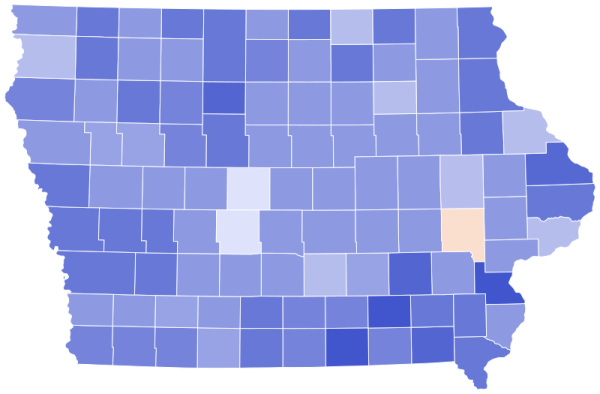
Andrew • Dec 16, 2022 at 9:37 pm
I loved this article. It was a great article about something that needs to be known. It was written very well and thoughtfully.
jake • Dec 13, 2022 at 12:08 pm
This article is good and informs a lot on how it spreads like covid
Tristan Tia • Dec 13, 2022 at 10:38 am
Thanks for letting me know about RSV
Isabella Hawkins • Dec 6, 2022 at 11:09 am
This article is great. Good job bringing awareness to this virus. It gave me a lot of new information will there be another article about this virus?